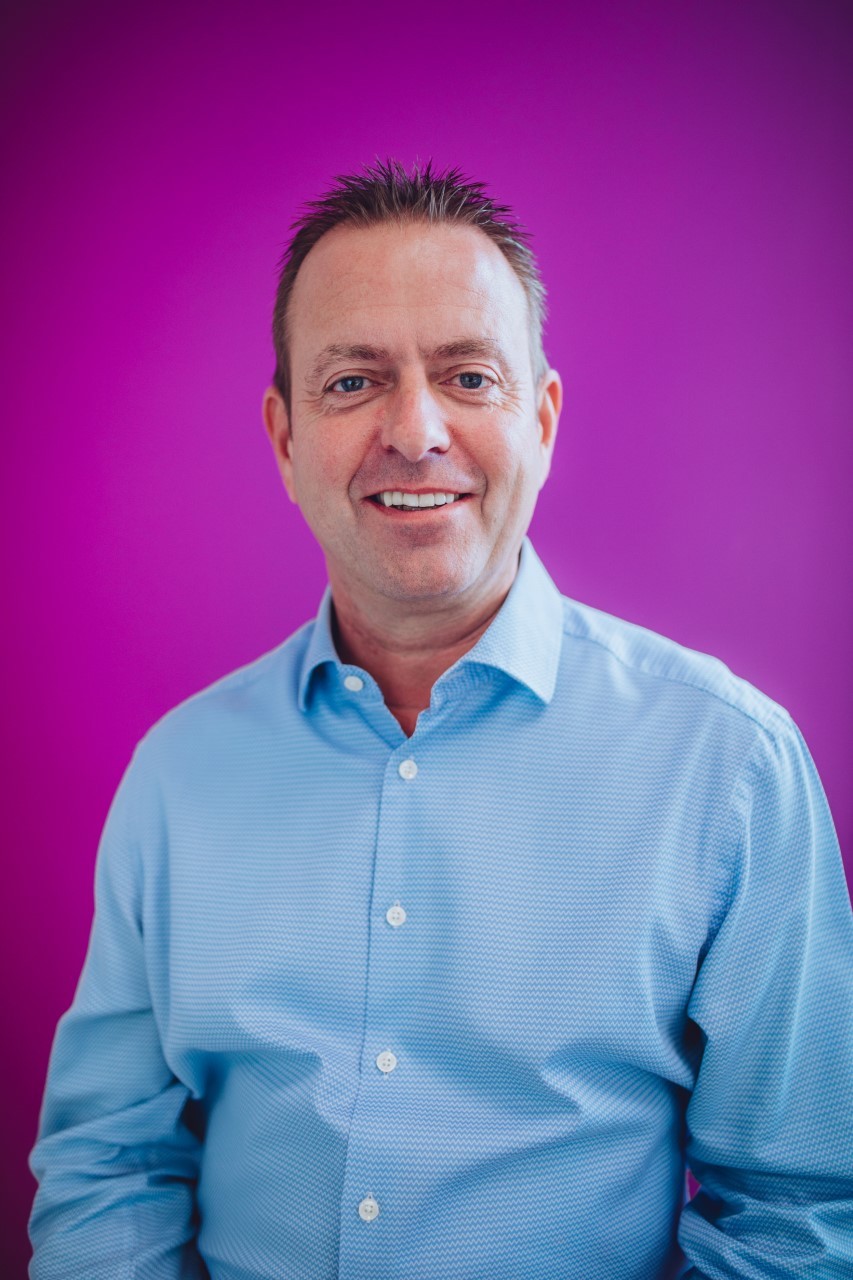Gone are the days that traditional perks in the workplace; 28 days holiday, paid sick days, dress down Friday and bake sales reign supreme. Now, both existing staff and prospective employees want more from their role and company culture. With the pandemic accelerating the ‘work from home’ trend, it is clear that employees are more receptive to this type of flexibility within their workplace, with 63% of office workers not wanting to return to the office full time.
Ashley Carr, Managing Director and Founder of Neo PR discusses how workplace perks pre- and post-covid are changing due to employee expectation and its evolution due to the pandemic.
March 2020: D-Day
With businesses plunged into lockdown for months, employers were forced to adapt quickly in order to ensure business continuity by transitioning to remote working. At first, for many, this was a novelty and a far cry from the normal working day which factored in a commuting time, dropping the children off at school, walking the dog or going to the gym all before 09.00am. With schools and gyms closed, employees had more free time in the morning to mentally prepare them for the day.
Over the past couple of years, employees have proved that they can get the same job done at home just as well as they could within the office. Therefore, continuing the hybrid way of working is seen as a win-win for employees and employers alike, creating further trust and flexibility for both. Employers will need to adapt fast lest they get left behind as prospective employees will now be looking for this type of flexibility in their working lives as the norm rather than the exception.
The future of work is flexible and if you want to attract and retain top talent, you should offer some kind of flexibility in employee work schedules, be it by allowing employees to work from home or allowing them to work outside of the standard nine-to-five hours to suit their personal lives.
The importance of the hybrid working model
Hybrid working is a popular buzzword within the industry at the moment and if businesses continue to adopt a hybrid working model, they’re putting their employees' wellbeing firmly at the centre of the business. Attracting and retaining talent who will now expect the flexibility of hybrid working is going to be far more about trust and less about presenteeism in a post pandemic world.
Keeping pandemic processes such as flexi-working further empowers employees to adapt around their work life balance by letting them continue to take control of their day. Employees could then also have the option to bank hours which could see them finish early on a Friday, an incentive within itself. For a hybrid model to work, the focus needs to be on creating the most productive environment that is split across the home and the office to suit both employer and employee alike. It is time for leaders to rethink performance metrics, which in this post-pandemic reality, is not about how long an employee stays behind after everyone has clocked out, it is about the outputs that your employees are giving.
Conclusion
Hybrid working has a permanent place in the employment mix. Approaching this new framework less like an interim response to the pandemic, and more like an opportunity, will enhance your organisation. With a hybrid structure in place, internal teams will have access to remote-ready talent and businesses will attract candidates that may not have been in the running due to distance from the office pre-pandemic. Hiring decisions can now be based on talent rather than geography. Employee outlook has changed over the last two years and businesses who won’t adapt run the risk of losing their talent to other businesses that meet employees personal and professional goals.




